What to do when you are faced with storm damage
The storms and tornadoes that struck Middle Tennessee in the early morning hours of March 3 unfortunately came at the beginning of the spring season when we typically get lots of erratic weather. Then came the Coronavirus pandemic. It seems our whole world has been turned upside down and a bit off kilter.
I was looking at the National Weather Service calendar for significant weather events in Middle Tennessee and was reminded of the 8.7’’ of snow Nashville received on March 19 in 1996; while in 2007, Crossville hit 82 degrees setting a new record for March 25. That’s springtime in Tennessee. And as we all stay safe at home, it’s a good time to think about when things return to normal, which means the weather will probably bring us more spring storms. So, what can you do if you are faced with storm damage in the future?
If you do experience storm damage to your home or property this spring, the first thing to do is to call your insurance agent. It seems simple but your agent will put you in touch with your insurer’s claims department. They know all the questions to ask and will begin the process of gathering information, sending out an adjustor and filing your insurance claim. All the major insurance companies had emergency vehicles on site in Nashville and Putnam County last week to work with storm victims and help them begin the process of recovery. So, I’ll say it again for emphasis, if you experience storm damage this spring, call your agent first and they will walk you through the process of beginning to rebuild.
In the meantime, you can begin to clean up around your house. When there is storm damage, especially like what the area experienced last week, there is so much destruction the damage is obvious. However, the smart thing to do is take photos of the damage first to document and then start your cleanup.
Check on your insurance now if you have not had any storm damage
Before storms hit, another important step to take is to check to make sure you have the proper insurance coverage you would need in the case of a direct hit from a tornado or other severe weather. There are a lot of variables when it comes to insurance coverage depending upon the insurance company and the policy you bought. There is a broad range of coverage from the bare minimal all the way up to special coverage that covers everything. Of course, the more limited coverage costs less with lower premiums, while full coverage can be higher priced. Now is a good time to check in on your insurance coverage. If you have a good relationship with your agent, ask the agent to review your coverage with you to make sure you have enough coverage to repair or replace your home if it is hit by a storm, to replace your belongings and to provide you with money to find alternative housing if your home is uninhabitable after storm damage. All of that should be included in a good comprehensive home-owners insurance policy.
Some good that can come out of last week’s storms is to raise our awareness of the insurance protections we need if a destructive storm were to hit our homes. If the recent storms raised questions in your mind, touch base with your agent to find out what you have or don’t have. Some good questions to ask are, “What’s the replacement cost estimate on my house?” “Will I get money to cover a hotel or rental if I cannot stay in my house due to storm damage?” Every insurance company has some type of software application to determine that cost to replace your home based on square footage, basement or crawl space, stories, etc. A good comprehensive policy includes coverage to rebuild a home and other structures such as sheds, carports, garages or barns; to replace the home’s content; personal liability coverage; medical coverage to pay for others who are hurt in your home and loss of use (which give you money to pay for alternative housing if needed).
Insurance is a tool for managing risk. You make a choice to pay the premium to get all the coverage you need in case something bad happens. If something bad never happens, you don’t reap that benefit of the insurance coverage. However, if something does happen you are protected and can rebuild more easily. Whereas if you did not have the proper insurance or any insurance at all and your home is damaged or destroyed in a storm (or even by fire) then you are stuck with a huge loss.
If I can be of help to you in this process, please call me!
